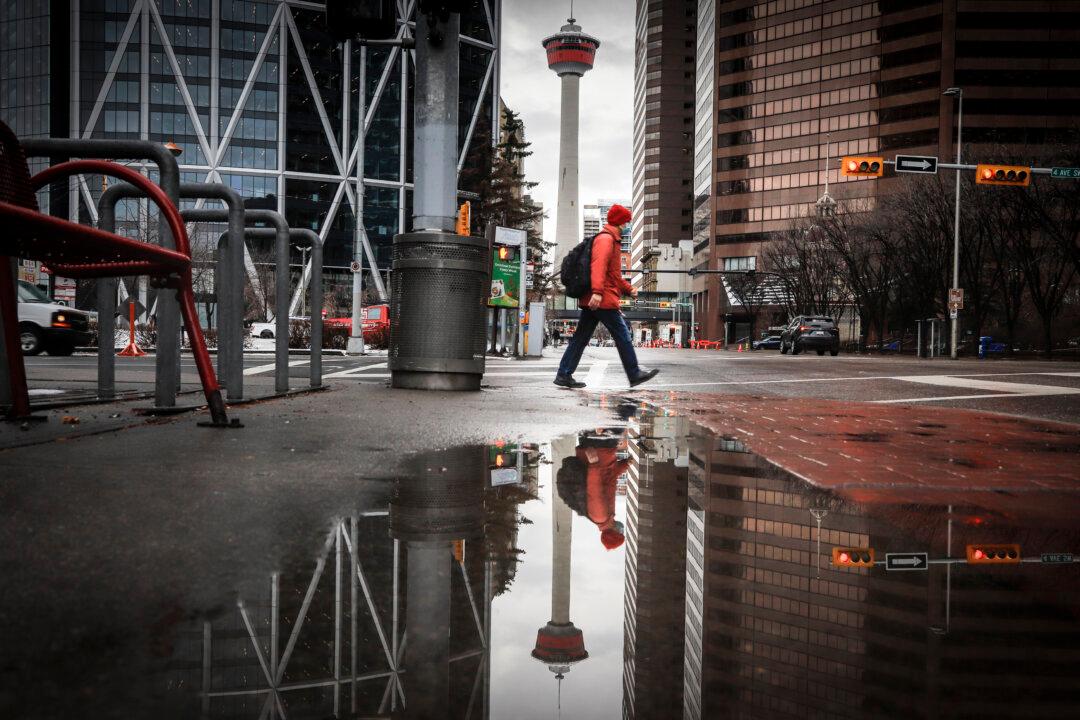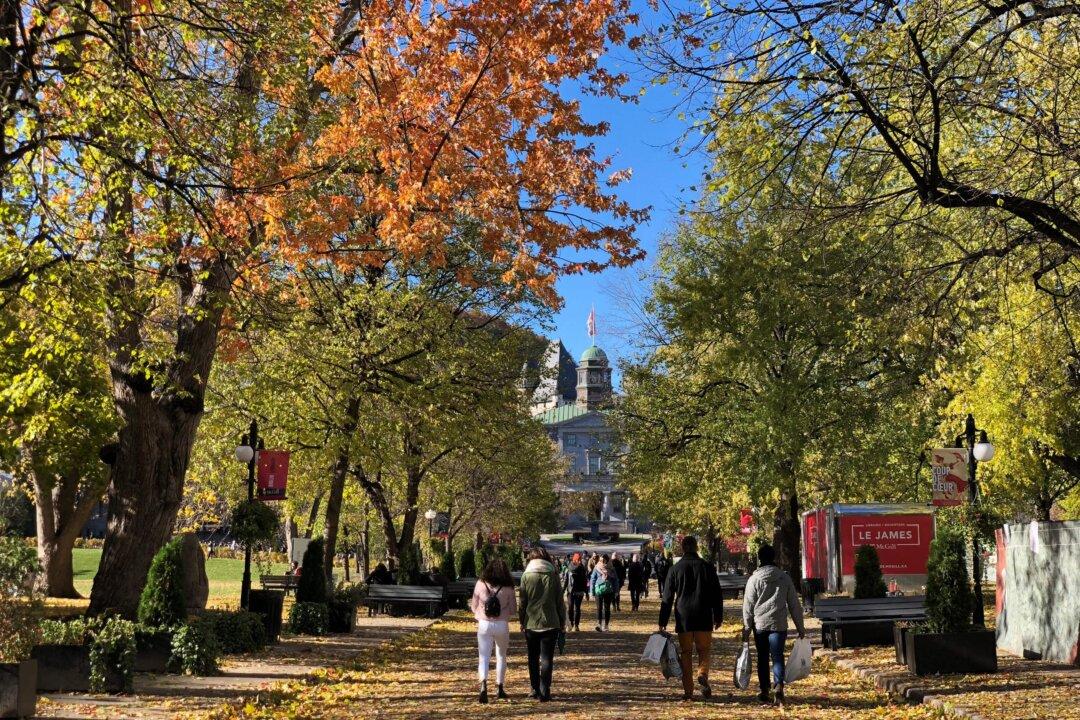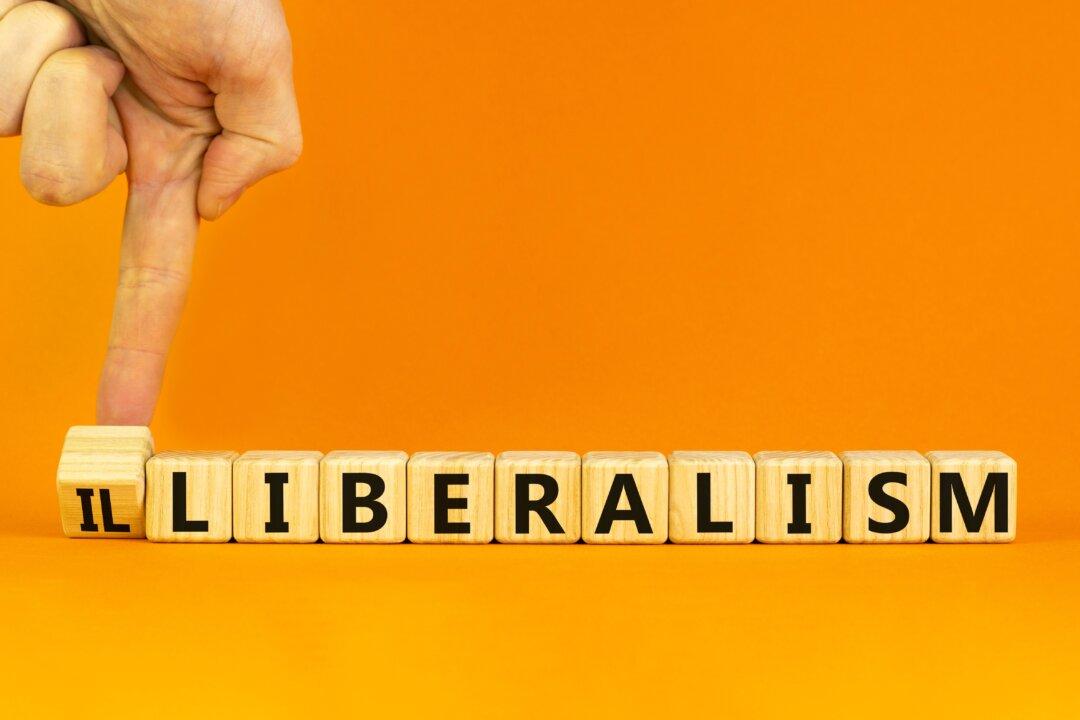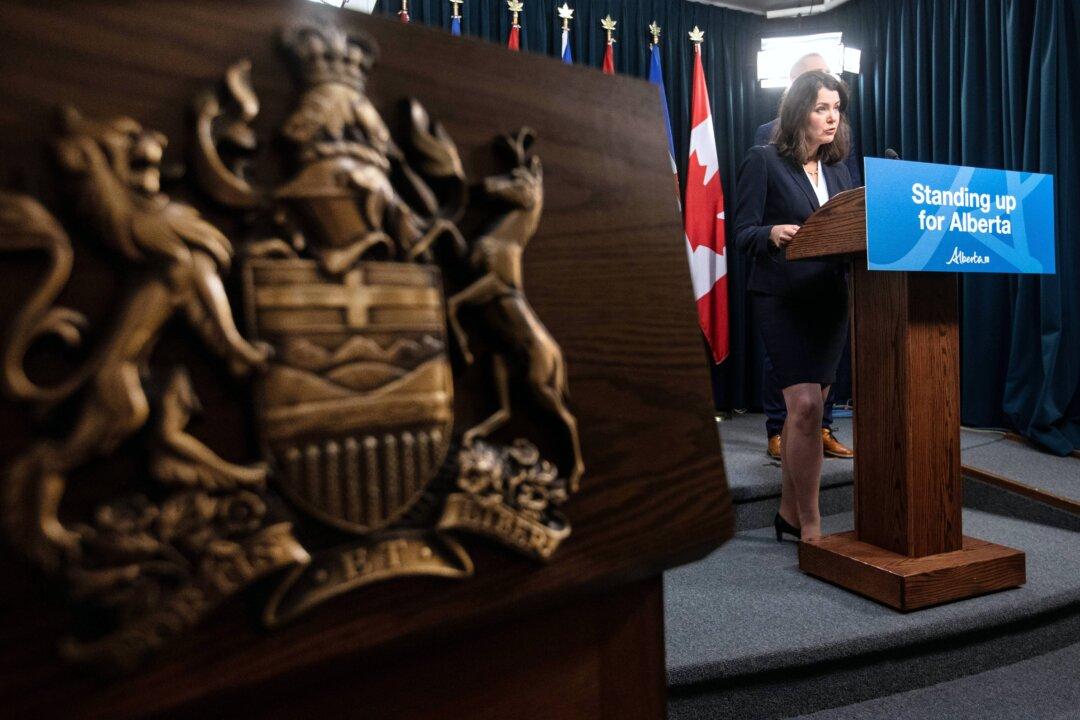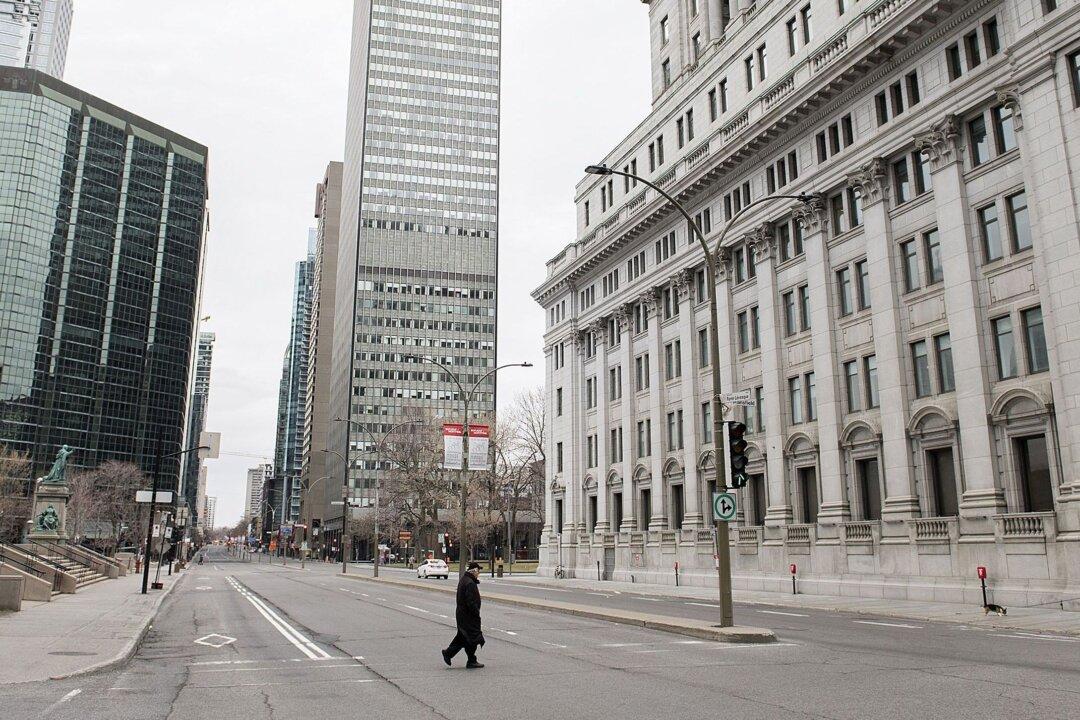Book Excerpt
The economic cost of forcing nearly 3.3 million Canadians into unemployment by May 2020 is enormous and has yet to be tallied in full. While individuals and companies were able to receive some form of help from their governments, many businesses will not be able to rebound from their losses and many who do will not long survive.
